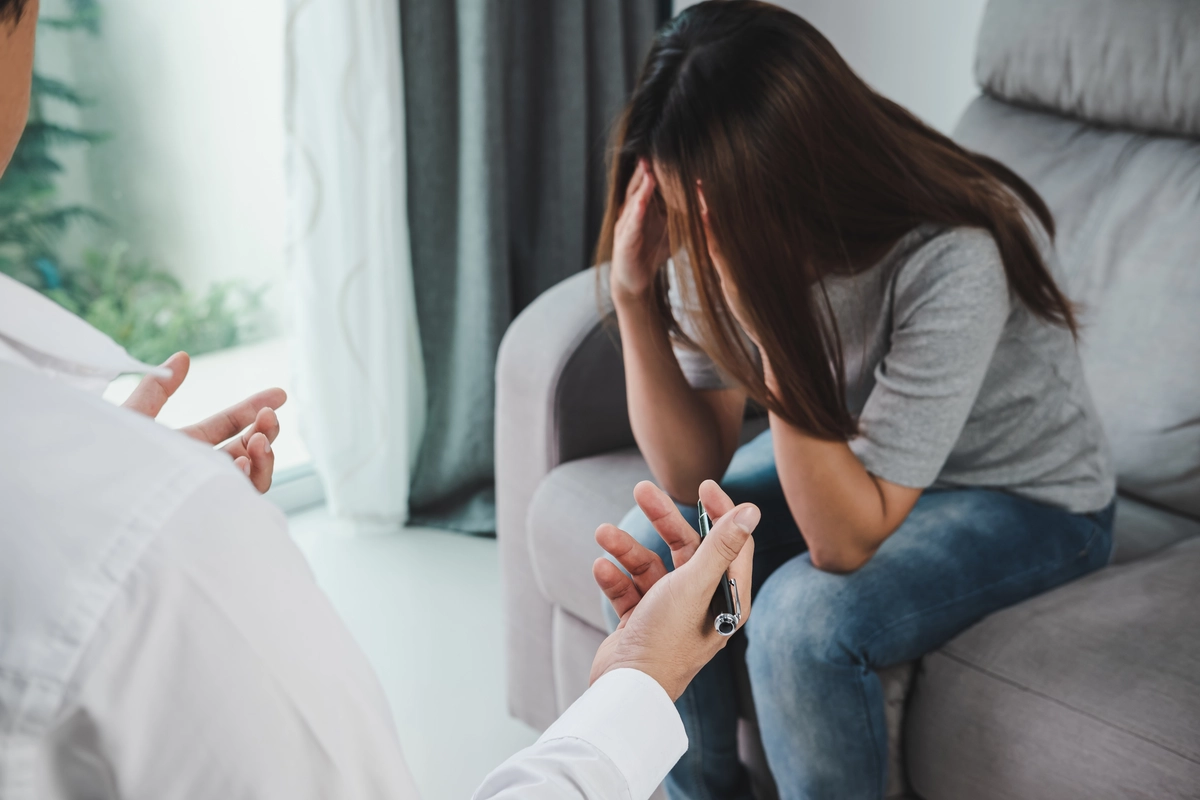24/7 Helpline:
(866) 899-221924/7 Helpline:
(866) 899-2219
Learn more about Bipolar Disorder Treatment centers in Excelsior Springs
Bipolar Disorder Treatment in Other Cities

Other Insurance Options

CareFirst

Sutter

Oxford

Premera

Medical Mutual of Ohio

Providence

Covered California

WellCare Health Plans

Optum

UMR

ComPsych

Evernorth

MHNNet Behavioral Health

Optima

WellPoint

Regence

Amerigroup

Ceridian

Holman Group

BlueShield

Northland Dependency Services
Northland Dependency Services is a private rehab located in Excelsior Springs, Missouri. Northland D...


South Central Behavioral Services – Outpatient
South Central Behavioral Services (SCBS) is a Community Behavioral Health agency providing mental he...

South Central Behavioral Services – Unity House
South Central Behavioral Services - Unity House is a structured setting where an individual can prac...



















































Advanced Psychiatric Care
Advanced Psychiatric Care is a private rehab located in Kearney, Nebraska. Advanced Psychiatric Care...

AlAnon
AlAnon is a non-profit rehab located in Kearney, Nebraska. AlAnon specializes in the treatment of al...

Richard Young Behavioral Health
Richard Young Behavioral Health is a behavioral health and addiction treatment center for adults and...

Saint Francis – Alcohol and Drug Treatment Center
Saint Francis – Alcohol and Drug Treatment Center is a private rehab located in Kearney, Nebraska. S...

Lamplighters Club
Lamplighters Club is a non-profit rehab located in Missouri City, Texas. Lamplighters Club specializ...
























